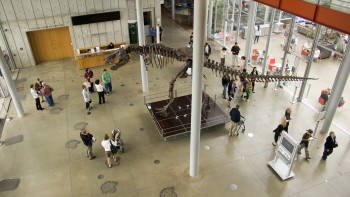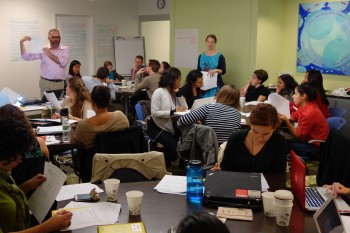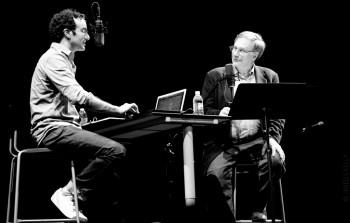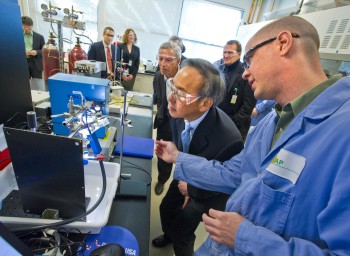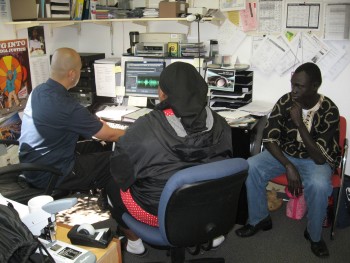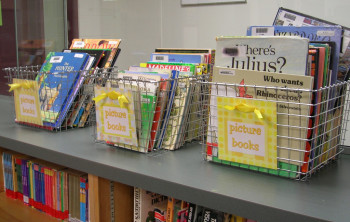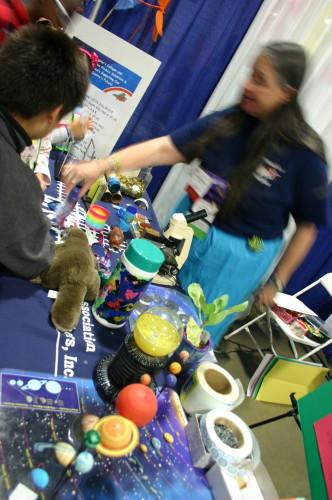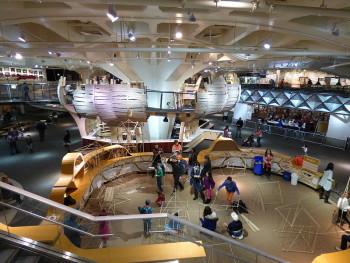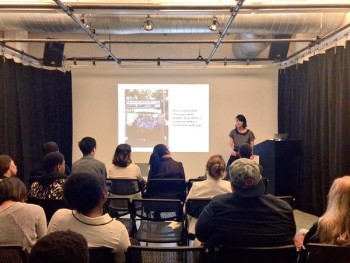Our evaluations provide clients with insightful findings to report impacts to funders and other stakeholders. We work closely with clients to create a customized evaluation plan for each project. Our goal is always to help our clients answer important questions. Sometimes that is accomplished through straightforward evaluation using qualitative and quantitative strategies, and sometimes it calls for experimental studies.
We design and conduct evaluations and research for all types of education-related organizations across informal and formal learning settings, specializing in projects that examine learning and technology. As independent researchers, we often serve as the external evaluator for grant-funded projects supported by state and federal agencies, private industry, and foundations.

External Evaluation for Grant Programs
Rockman et al has a national reputation for providing external evaluation services for projects funded by National Science Foundation, National Institutes of Health and NASA. We have also served as the external evaluator for numerous K-12 school reform initiatives funded by the U.S. Department of Education.

Evaluations for Private Companies, Institutions & Foundations
We have a proven track record of success designing and implementing research studies to assess emerging learning impacts and outcomes.
We welcome the opportunity to discuss your project with you and to provide you with more information about our tailored services. Please Contact Us to schedule a free 30-minute Q&A session with a consultant.
